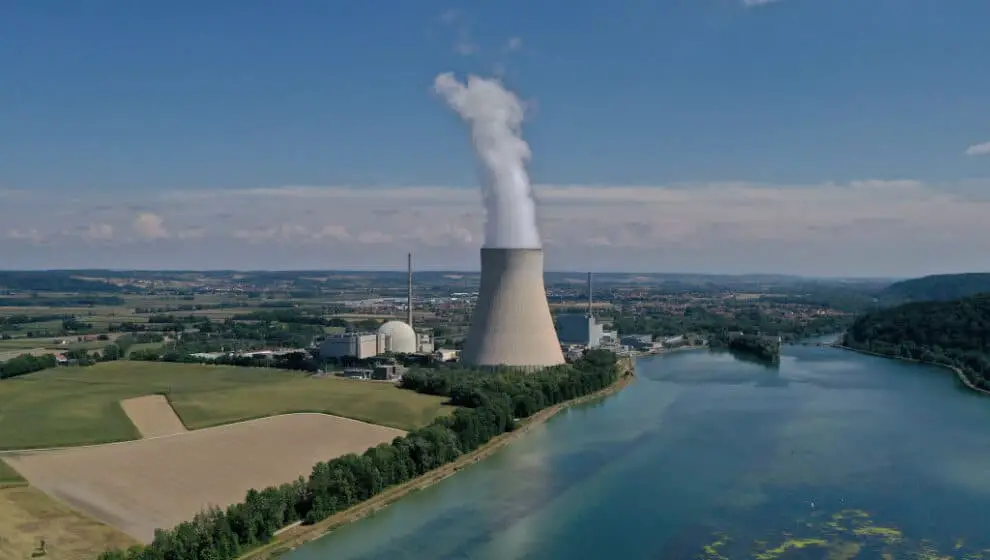Energy shortages in Europe have highlighted the need for a more secure, reliable energy source.
Key details
Even with renewable resources such as wind and solar available, those resources can’t fully support the energy demands of the world. As Russia restricts access to natural gas, some are now reconsidering the benefits of nuclear energy.
Demand for electricity went up 6% last year, according to The New York Times. With increasing demand, countries have been looking to get a little more creative with their energy solutions.
Nuclear energy could potentially fill the gap as a carbon free energy source, providing the necessary energy while renewables catch up to the demand.
Energy company AES executive Andrés Gluski thinks that nuclear energy could be one solution to the energy problem, but doubts that the plants could be produced quickly enough to make a difference.
Nuclear Energy Institute president Maria Korsnick disagreed, arguing that the next generation of nuclear power plants could be ready to go in just a few years. In particular, smaller power plants could be available in the near future, providing faster access to nuclear power.
Why it’s news
Energy shortages in Europe this winter could have disastrous consequences. The EU is working to find a solution, but their situation is a warning to the rest of the world about dependence on energy.
In retaliation for European sanctions, Russia is restricting access to natural gas, leaving much of Europe vulnerable. Nuclear is one option for a more secure energy source, since it can be manufactured inside a country, free from outside interference.
As the demand for energy has increased, renewable energy resources haven’t been able to keep up. Tesla CEO Elon Musk called for countries to increase their reliance on natural gas to stave off an energy shortage, Bloomberg reports.
No matter what decision governments make about nuclear power, it looks like Europe will have a long winter.
Backing up a bit
Though historically cautious about nuclear energy, Germany recently decided to extend the life of its three remaining power plants out of concern for the energy crisis.
Germany’s last three nuclear power plants were scheduled to be shut down by the end of this year. Before Germany started shutting down its plants, it had 17 nuclear power plants.
Despite this plan being in the works for a decade, Germany’s government has now decided to extend the shut down.
In a similar move, California Governor Gavin Newsom suggested a plan to keep the Diablo Canyon nuclear power plant online in response to potential energy shortages in the state.
The plant was scheduled to be shut down by 2025. However, the state’s lone nuclear power plant may be needed to keep the lights on. Newsome’s proposal would remove regulatory red tape in the way of the plant staying open.
